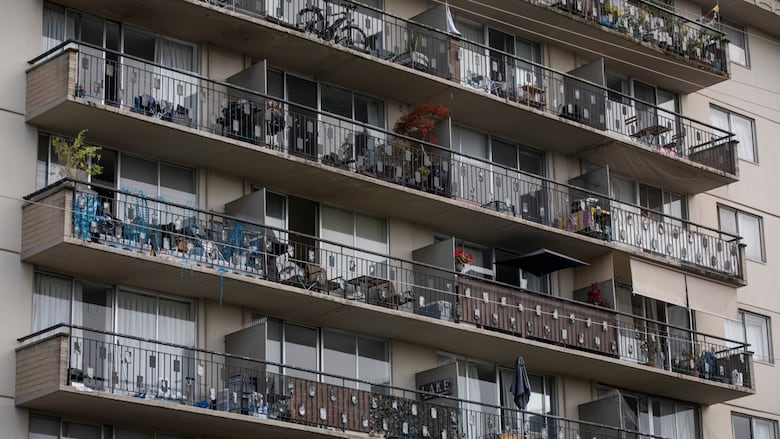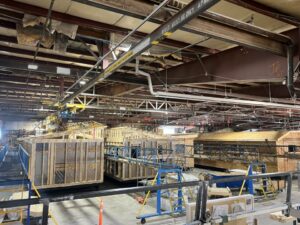27 experts sign letter that urges governments to prioritize affordable housing over market-driven supply
Akshay Kulkarni · CBC News · Posted: Aug 19, 2025 5:48 PM PDT | Last Updated: August 20

A number of B.C. urban planners and housing professors are arguing in an open letter to the provincial government that they should stop prioritizing adding more housing supply to deal with the ongoing housing crisis.
Instead, the letter signed by 27 experts says governments should focus on adding affordability by prioritizing the building of non-market housing and preserving existing affordable housing.
The letter comes at what the urban planners say is a critical time to address the housing crisis, as analysts have said that land values are cooling this year and housing prices have deflated.
As the B.C. government has made increasing housing supply a priority — particularly in areas around transit hubs and by allowing for multiplex homes on single-family lots — the experts argue that it should not encourage market speculation, and instead focus on providing public funds to co-ops, land trusts and non-profit housing providers.

“If we act now, we can protect the existing affordable homes and build new non-market housing, and ultimately make sure that public money serves the public benefit,” said Erick Villagomez, a lecturer at the University of B.C.’s school of community and regional planning, and one of the letter’s signatories.
Villagomez and the other housing experts in the letter argue that the housing bills passed by the province are creating “the wrong kind of supply,” contributing to inflated land values and more speculation, and they should be reconsidered.
Twenty-seven experts have written a joint letter calling on the province to address housing affordability. CBC’s Alanna Kelly breaks down the latest demand for affordable housing and why it matters.
“When we talk about the ‘wrong kind of housing,’ we mean projects that can technically add supply, but don’t necessarily help affordability or worse, they make it even more difficult to achieve,” the professor said.
“So think of small, very expensive high-end condos in high-end towers that replace older affordable rental buildings, for example,” he added. “That kind of development often pushes people out, can inflate land values and leaves us really with more homes that ordinary families can’t necessarily afford.”
As part of CBC’s On The Coast’s series examining the federal government’s big plans for housing, Gloria Makarenko hears possible housing solutions from guests Patrick Condon, a professor of urban design at UBC, and Tom Davidoff, SFU professor and director at the Centre for Urban Economics and Real Estate.
Prof calls for development tax
In addition to advocating for more public funding for non-market housing, the experts argue that governments should prioritize preserving existing affordable housing buildings.
Patrick Condon, another one of the letter’s signatories and an urban design professor at UBC, said that 15 per cent of Vancouver’s housing is already in the non-market category, including in the Champlain Heights and False Creek South neighbourhoods, but governments stopped funding that kind of housing option in the 1980s.
Condon argues that policies should be used to manage land prices, advocating for a development tax that is tied to land values.
“We should use development taxes as a means for securing affordable housing, particularly in non-market housing, such as co-op housing and things of that sort,” he said.
Minister welcomes advice
B.C. Housing Minister Christine Boyle — who recently assumed her post in a cabinet shuffle and is a former Vancouver city councillor — said she welcomed the advice and input on the issue of housing, which she said the government was taking very seriously.
She said that the government was making record investments into non-market housing, which had requirements to ensure affordability for people in the province.

The minister said that the government was also working to preserve existing affordable housing through projects like the rental protection fund.
“We’re seeing good indications that the work that we’re doing in B.C. on housing is making a difference for families across the province, and we’ll keep that work up.
“Whether it’s delivering new housing or protecting existing affordable housing, that will continue to be our goal, making sure that homes in B.C. are for people living and working here.”



